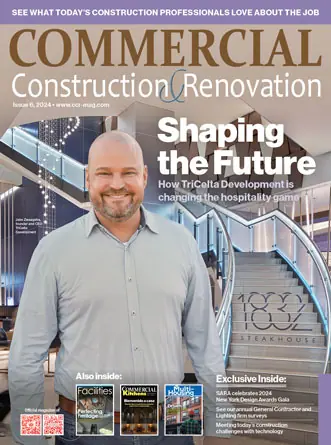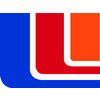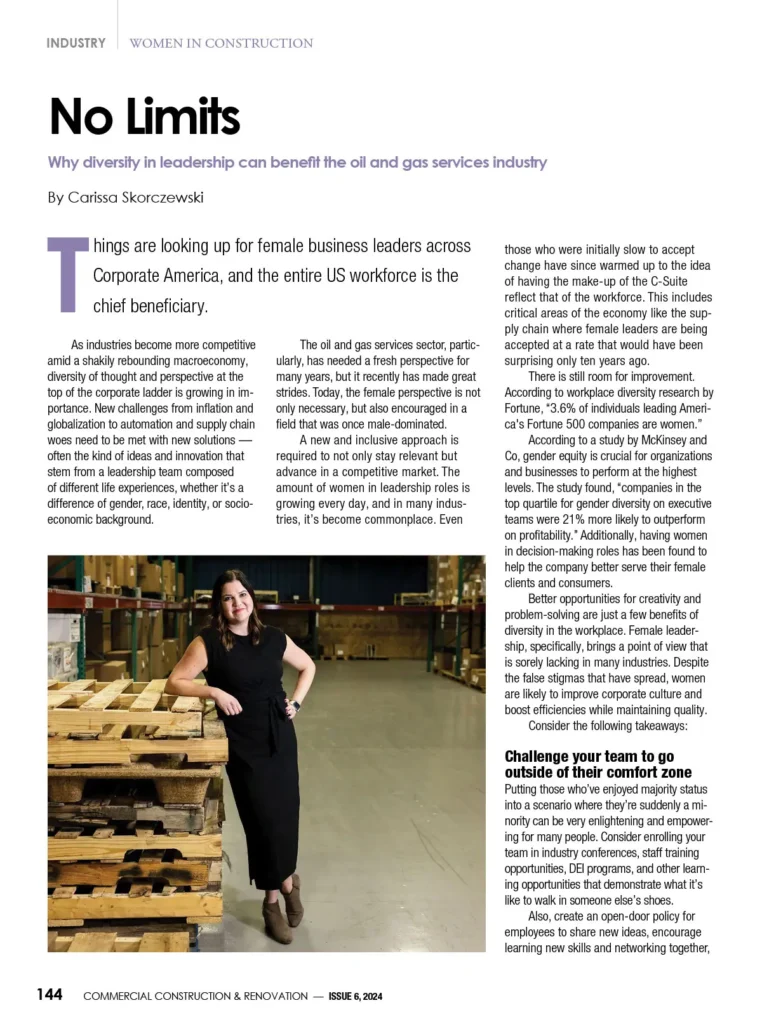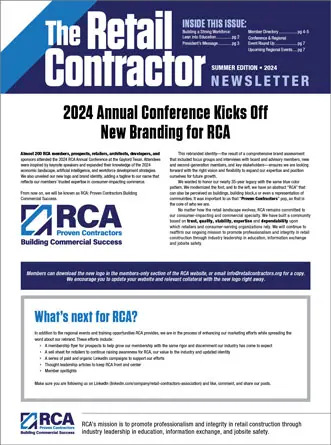A public-private partnership, which is usually referred to as a P3 project, is a business relationship based on a contract between a public sector entity and a private sector entity that outlines the provision of assets and the delivery of services. Some of the more common types of P3 projects include the construction of hospitals, bridges, highways, new types of technology and government buildings.
Across North America, P3s have become an increasingly prominent procurement vehicle for governments. This growth is largely attributed to government initiatives that develop specialized agencies to handle P3 procurements. In Georgia, the Department of Transportation is responsible for the identification of statewide projects that should be considered under the P3 program. In Canada’s most populous province, Ontario, Infrastructure Ontario is a provincial Crown agency that supports the Ontario government’s initiatives to develop public infrastructure projects such as highways, hospitals and bridges. Infrastructure Ontario facilitates and, in some cases, manages partnerships on behalf of public sector agencies.
For P3s, one of the greatest challenges is project risk. P3 arrangements aim to distribute the financial, technical and operational risk optimally between both the private and public sector partners but these risks still exist and depending on the management of the project, risks can increase as the project progresses. There are numerous kinds of risks that can be encountered.
Financing risk: The required funding for the project may not be obtained or will be obtained but at interest rates that prevent the project from achieving its expected returns and benefits.
Design risk: The design of an infrastructure asset may have a negative impact on the construction or future operations of a project.
Construction risk: Issues that may be encountered during the construction phase of a project which increase project risk include cost overruns, building material defects, construction delays, planning regulations, structural integrity issues with existing infrastructure, technical deficiencies, health risks and worksite accidents.
Operational and maintenance risk: Post-construction risks may occur when the infrastructure or public facility becomes operational. Examples include shortages of materials, increases in labor costs, damage as a result of natural disasters, costs related to deferring maintenance and obsolescence.
Availability risk: The infrastructure project may not provide sufficient services because of management issues or the failure to meet the required quality or asset availability standards.
Demand risk: There may be a discrepancy between initial expectations and the amount of service actually required or consumed by the infrastructure users, the public sector entity itself and third parties.
Residual value risk: There may be a difference between the market price of the infrastructure at the end of the P3 arrangement and the original market price expectation.
The issue of project construction risks and how to best manage them was one of the many issues addressed during the annual international conference of the Canada Council of Public-Private Partnerships in Toronto in November. Panelists included Raymond Bassett, VP, Chief Underwriting Officer, Construction Services, Travelers Canada; Paul Kraus, Business Development Manager, Barnard Construction Company and Vicki Turnbull, Managing Director and Co-Head, Infrastructure Finance, RBC Capital Markets. The panel was chaired by Rebecca Adair, Moody’s Investor Service.
Several panelists emphasized that risk is greatly impacted by the knowledge base of the procurement authorities. Different levels of government have different levels of experience. In general, local governments have the least experience and expertise. With respect to the private sector, panelists pointed out that the most frequently asked question related to risk is if the contractor can perform but then emphasized that the capabilities of all the players should be assessed.
Several panelists suggested that contractors could reduce their own risk by taking on several smaller projects rather that one large project. For example, the contractor could reduce risk by involvement in four $250 million projects rather than one $1 billion project. At the same time, financing issues have to be kept in mind i. e. small projects have more challenges raising funds in the bond market.
Panelists identified inflation as a major risk and noted that even though the Governor of the Bank of Canada and the Chair of the Federal Reserve have emphasized the “transitory” nature of inflation there are more signs that inflation is not temporary and will continue to adversely impact construction projects for some time.










 The 2024 virtual Men’s Round Table will be held Q4, 2024, date TBD.
The 2024 virtual Men’s Round Table will be held Q4, 2024, date TBD.












